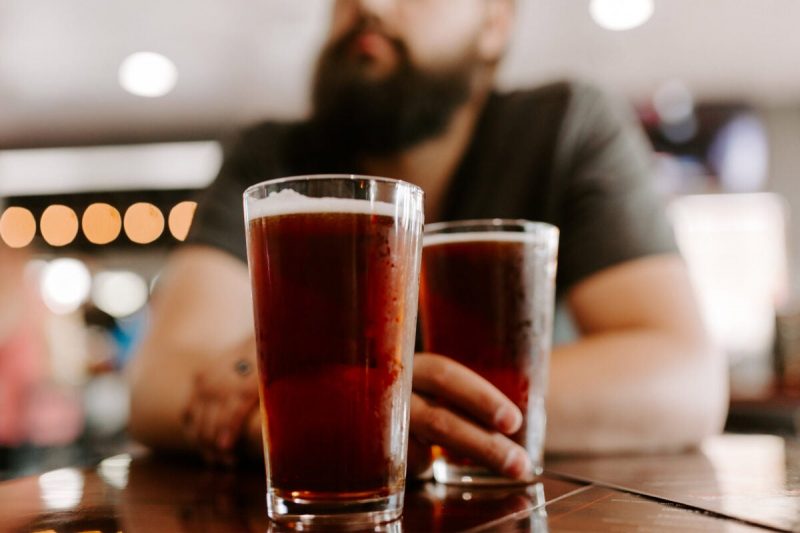In a recent study conducted by the National Institute on Alcohol Abuse and Alcoholism (NIAAA), alarming trends related to pandemic drinking have been brought to light. The study aimed to assess the impact of the COVID-19 pandemic on alcohol consumption patterns and behaviors among adults in the United States. The findings of the study shed light on the potential risks and consequences associated with increased alcohol consumption during times of crisis.
One of the key findings of the study was the significant increase in overall alcohol consumption among adults during the pandemic. The stress and uncertainty brought about by the public health crisis have led many individuals to turn to alcohol as a coping mechanism. This spike in alcohol consumption raises concerns about the potential long-term effects on public health and well-being.
Moreover, the study highlighted disparities in alcohol consumption patterns based on demographic factors such as age, gender, and socioeconomic status. Young adults were found to be particularly at risk, with a higher prevalence of heavy drinking reported among this age group. Additionally, women were more likely than men to report an increase in alcohol consumption during the pandemic. These disparities emphasize the need for targeted interventions and support for vulnerable populations.
The study also pointed out the negative impact of pandemic drinking on mental health outcomes. Increased alcohol consumption has been linked to higher levels of anxiety, depression, and stress. This highlights the complex relationship between alcohol use and mental health, especially in times of crisis when individuals may be more susceptible to developing harmful coping mechanisms.
Furthermore, the study underlined the importance of public health initiatives and policies to address the challenges posed by pandemic drinking. It is crucial for health authorities to provide access to resources and support services for individuals struggling with alcohol use disorders. Additionally, raising awareness about the risks associated with excessive alcohol consumption and promoting healthy coping strategies are essential components of mitigating the impact of pandemic drinking.
In conclusion, the study by the NIAAA serves as a stark warning about the dangers of pandemic drinking and its potential consequences on public health. By understanding the underlying factors contributing to increased alcohol consumption during times of crisis, we can work towards implementing effective prevention and intervention strategies to support individuals in maintaining their health and well-being. Addressing the complex interplay between alcohol use, mental health, and societal factors is crucial in navigating the challenges posed by pandemic drinking and safeguarding the overall health of communities.

